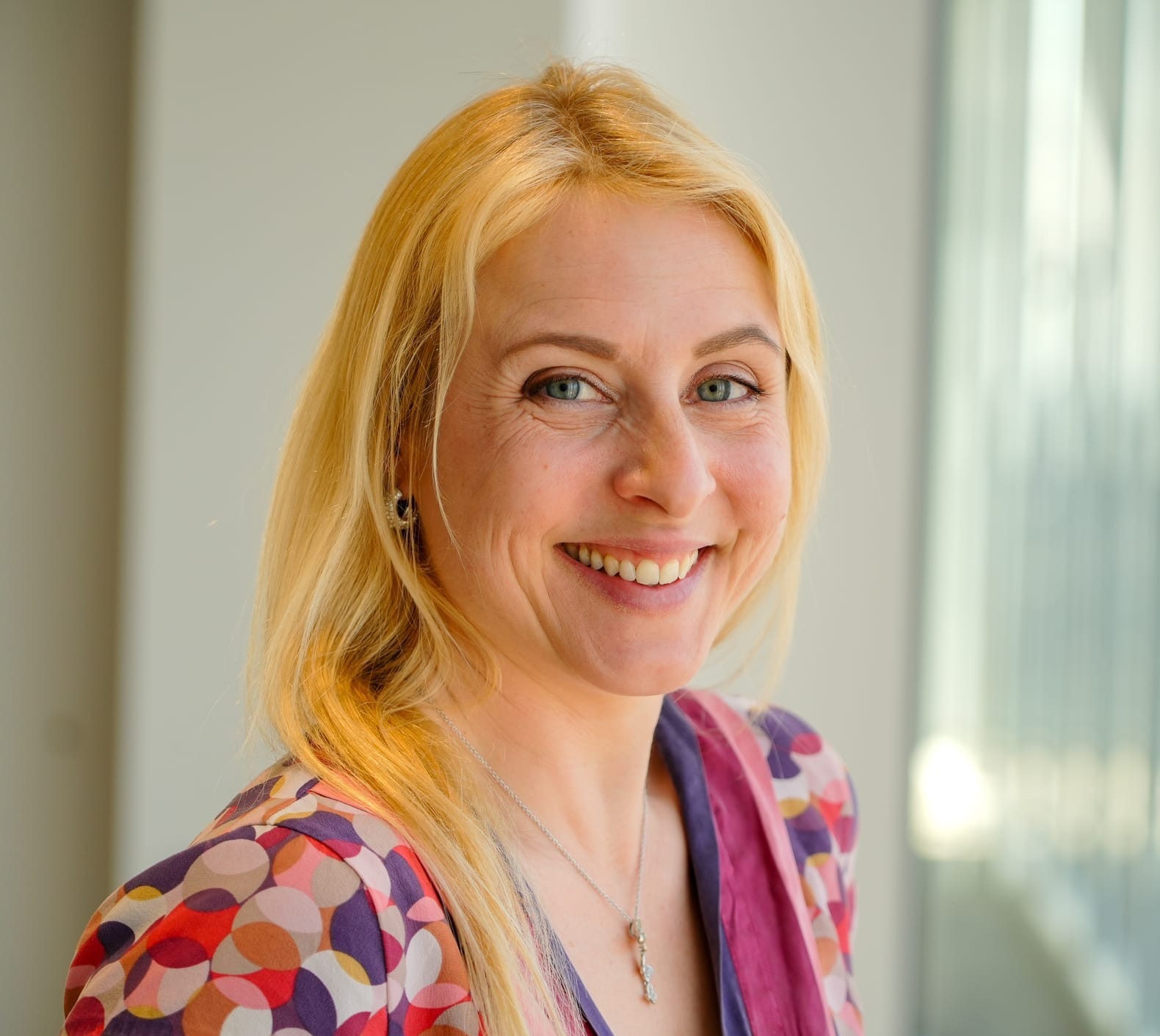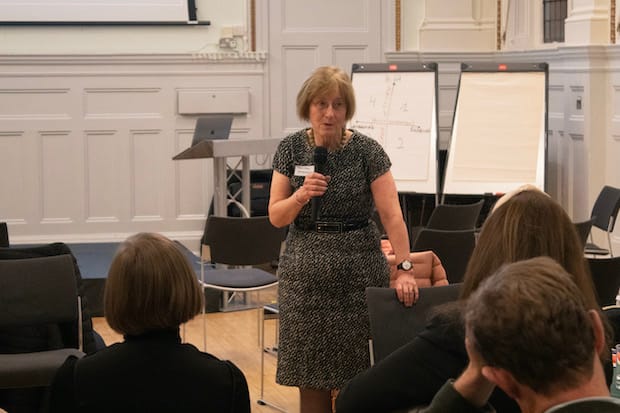Building a better future for public interest news
The News Futures 2035 project brought together more than 300 experts in search of better ways to supply sustainable, trustworthy news in the UK



The News Futures 2035 project brought together more than 300 experts in search of better ways to supply sustainable, trustworthy news in the UK


This article was migrated from an old version of our website in 2025. As a result, it might have some low-quality images or non-functioning links - if there's any issues you'd like to see fixed, get in touch with us at info@journalism.co.uk.
When François Nel set out to bring media experts together to work on solutions to the uncertain future of public interest news (PIN) in the UK, he knew he was embarking on a rocky road.
Nel is reader of Media Innovations and Entrepreneurship at the University of Central Lancashire, and he also heads up the university’s Media Innovation Studio that carried out The News Futures 2035 study.
Over the past few months, more than 300 professionals from inside and outside the news industry collaborated, in person and virtually, on addressing two main concerns about the supply of PIN: policies and regulations that may either make things easier or more difficult and the relevance of PIN to audiences which also impacts publishers’ business models.
One of the main objectives was to get people out of their silos and to encourage regulators, independent publishers and big nationals to talk together.
"Sometimes the consequences of not working together are too great,” he says, adding that providing a safe space where people can speak freely is necessary to advance the conversation about the future of PIN.
Participants came from news organisations like BBC, the Guardian, Bloomberg and CNN, industry bodies like the News Media Association, the Association for Journalism Educators and the Society for Freelance Journalists, and those focused on diversifying the journalism industry, such as the Sir Lenny Henry Centre for Media Diversity. The study was supported by the Google News Initiative.

Jonathan Heawood, executive director of the Public Interest News Foundation who participated in the project, says that while the news industry needs to address issues like the use of AI, social media and the need for new sources of revenue, these cannot be treated solely as technical problems. There is also a political dimension to them and as such they do not have a single right answer.
Political differences - and that also means among the publishers - make it hard to find common ground. It gets even trickier when we try to agree on press regulation and who should be overseeing it.
"It’s hard to predict the future, both one that we wish for and scenarios we want to avoid," says Nel about the difficulty to create sustainable solutions for the provision of PIN.
But what exactly is public interest news? Coming up with a definition everybody can agree on is not just a semantic issue, it is a very practical policy and economic question because regulators largely define how we fund public interest news.
"Public interest is not the same as 'of interest to the public,'", says Nel. The former is what is important to society, while the latter is a market and consumption issue.
That brings us to the problem of relevance. Public interest news must also be relevant to organisations’ business models and the very reason why they exist - their mission. There is also the question of relevance to individual media professionals.
"If journalists feel they are valued and rewarded for a different kind of content, then we have a problem," adds Nel.
News publishers, both local and national, have traditionally been the main suppliers of public interest news. But there are more and more newcomers in this space, from independent publications to other content creators and influencers who often have large audiences.
So how can audiences know who to trust?
"We recognise that trust isn't the goal," says Nel, explaining that many people trust news in countries like Russia and China, which does not necessarily improve the state of democracy. Rather than seeking to be trusted, PIN providers must strive to be trustworthy.
To achieve that, the experts agreed that PIN must be accessible to all (this includes formats, niche communities and affordability); intelligible (understood by all), assessable (users can make their own judgement based on trustworthy information) and whose authorship is clear (for instance, whether the piece has been written by a human or a robot).
Read the News Futures 2035 report here.